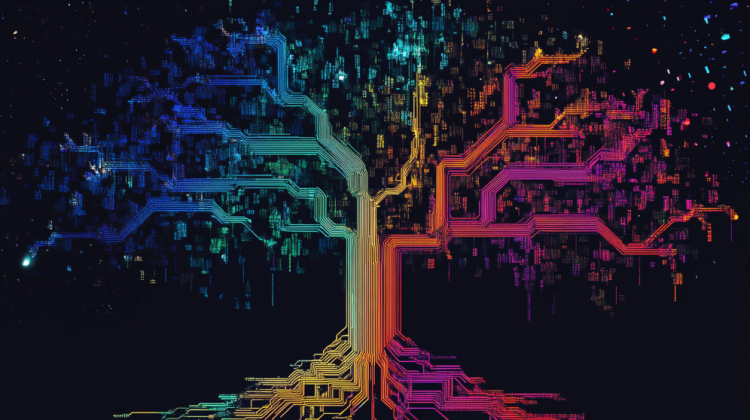Google's cutting-edge AI division has unveiled AlphaEvolve, a groundbreaking artificial intelligence system with the remarkable ability to write its own code. This revolutionary capability has already demonstrated its immense potential by reportedly saving Google millions of dollars in computing costs, marking a significant leap forward in AI efficiency and autonomous development.
AlphaEvolve represents a paradigm shift in how AI systems are built and optimized. Instead of relying solely on human engineers to write and refine their code, AlphaEvolve can autonomously analyze its own architecture and performance, identify bottlenecks, and generate more efficient code to improve its operational effectiveness. This self-optimization process leads to significant reductions in the computational resources required to run complex AI models.
Key Capabilities and Implications of Google's AlphaEvolve:
Autonomous Code Generation: AlphaEvolve can write and modify its own code, a capability previously largely confined to human developers.
Significant Cost Savings: By optimizing its code for efficiency, AlphaEvolve has reportedly saved Google millions in computing infrastructure expenses.
Improved AI Performance: Self-generated code can lead to faster processing times, reduced latency, and overall enhanced performance of AI models.
Accelerated AI Development: The ability of AI to self-optimize could potentially accelerate the development and deployment of new AI applications.
Reduced Reliance on Human Engineers for Optimization: While human expertise remains crucial, AlphaEvolve can automate significant aspects of AI model optimization.
Potential for More Efficient AI Across Industries: The underlying principles of AlphaEvolve could be applied to optimize AI systems in various sectors, leading to substantial resource savings.
How AlphaEvolve Achieves Self-Coding
While specific technical details remain proprietary, it is likely that AlphaEvolve leverages advanced reinforcement learning and neural architecture search (NAS) techniques. This allows the AI to iteratively explore different code structures, evaluate their performance, and evolve towards more efficient solutions. By rewarding code that leads to better performance and lower resource consumption, AlphaEvolve can autonomously discover optimized code pathways that might not be immediately obvious to human engineers.
Impact on the Future of AI Development:
AlphaEvolve's emergence has profound implications for the future of AI development:
More Sustainable AI: The ability to significantly reduce computing costs is crucial for the long-term sustainability of AI, especially as models become increasingly complex.
Democratization of AI Development: More efficient AI could lower the barrier to entry for smaller organizations and researchers with limited computational resources.
Faster Innovation Cycles: AI that can optimize itself could lead to quicker iterations and faster breakthroughs in various AI applications.
New Frontiers in AI Capabilities: Self-evolving AI might unlock new levels of intelligence and problem-solving capabilities that are currently beyond our reach.
Conclusion: A Self-Evolving Future for AI:
Google's AlphaEvolve represents a monumental step towards more autonomous and efficient AI systems. Its ability to write its own code and deliver substantial cost savings underscores the transformative potential of self-evolving AI. As this technology matures, it could revolutionize how AI is developed, deployed, and sustained across a wide range of industries, paving the way for a more efficient and powerful AI-driven future.








